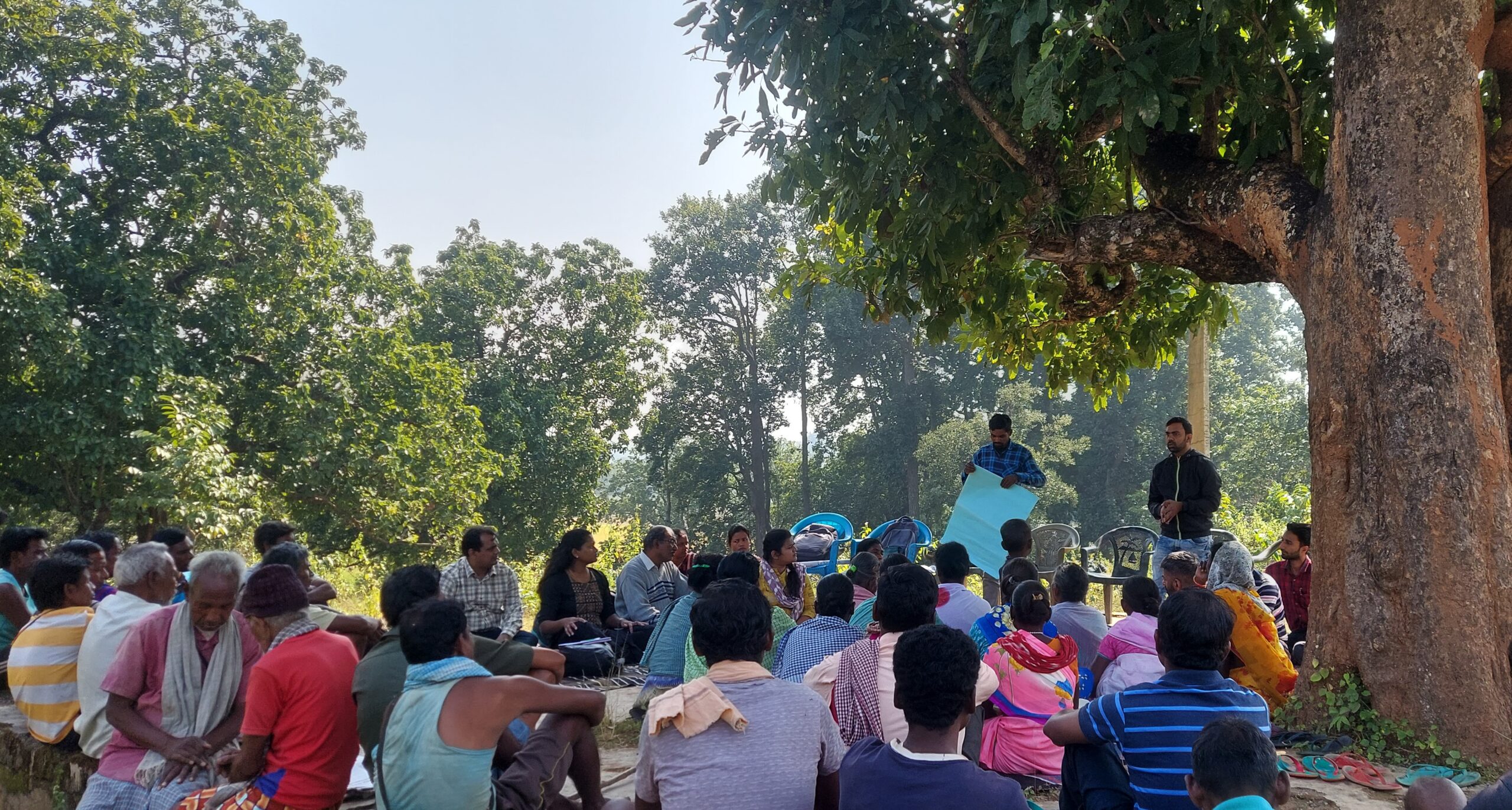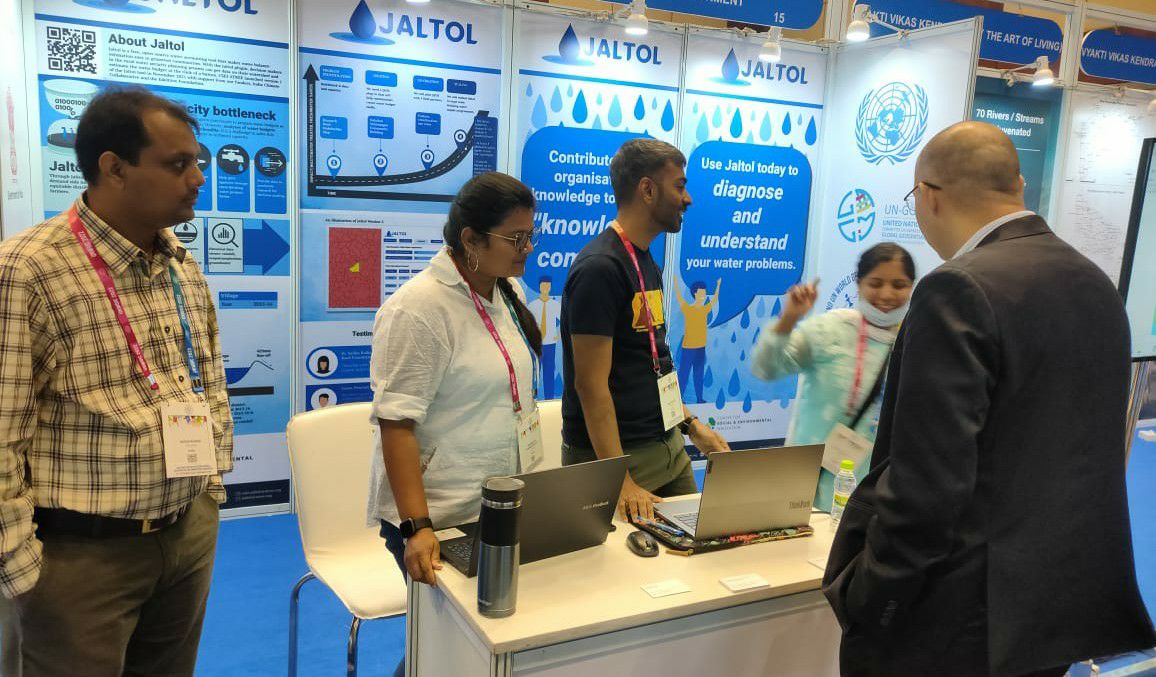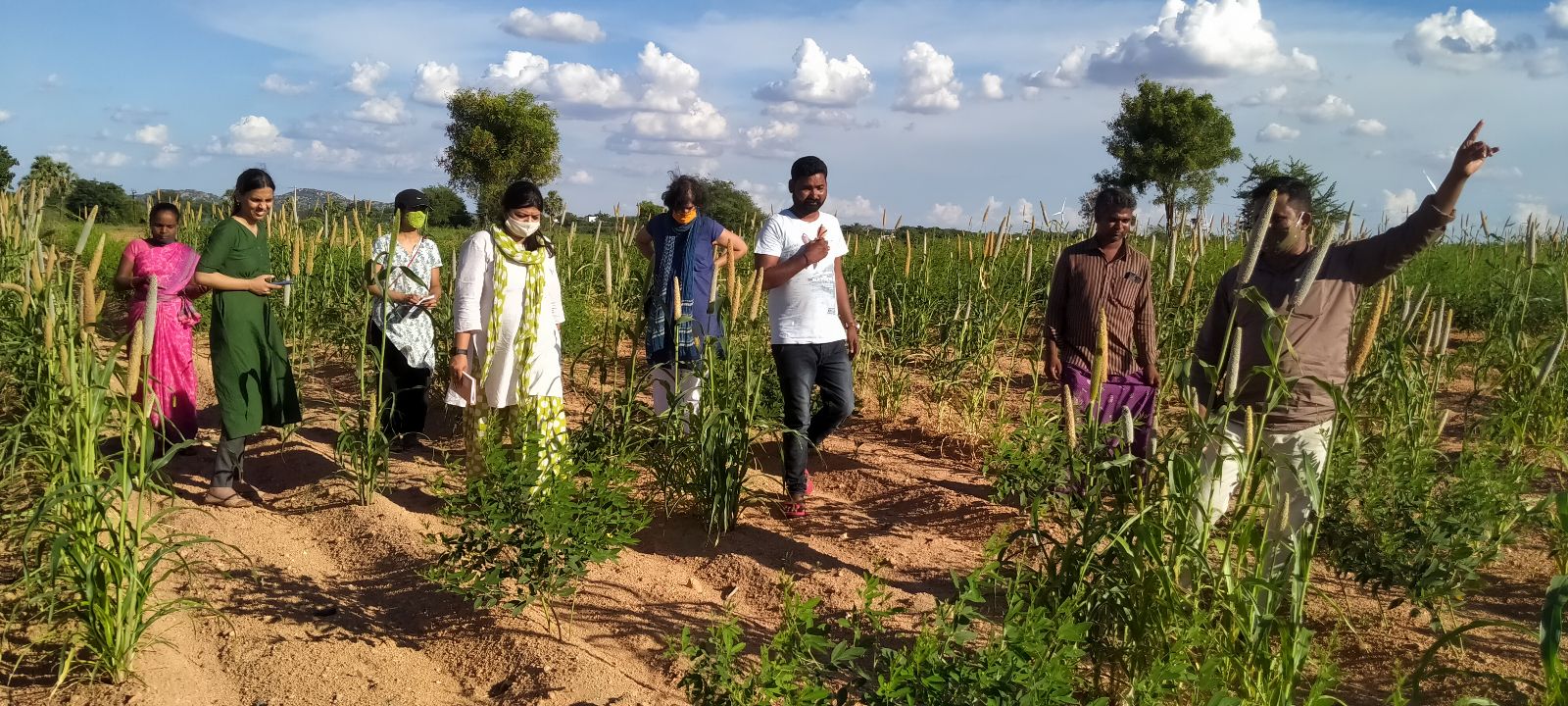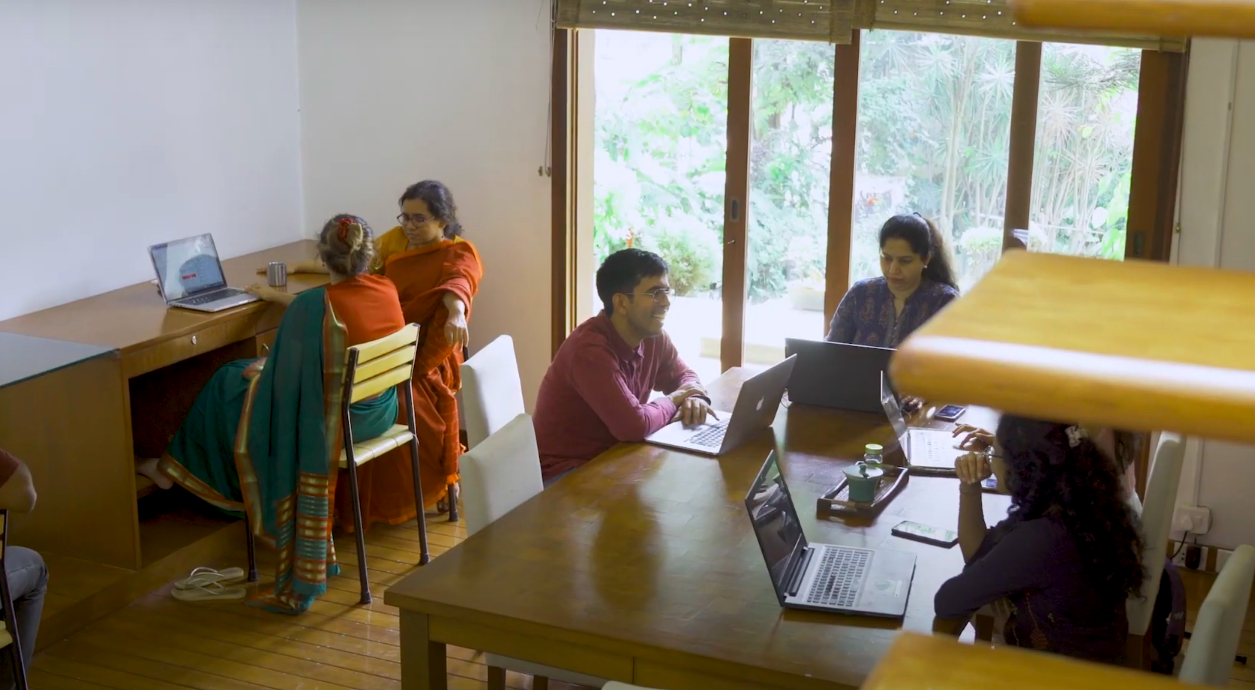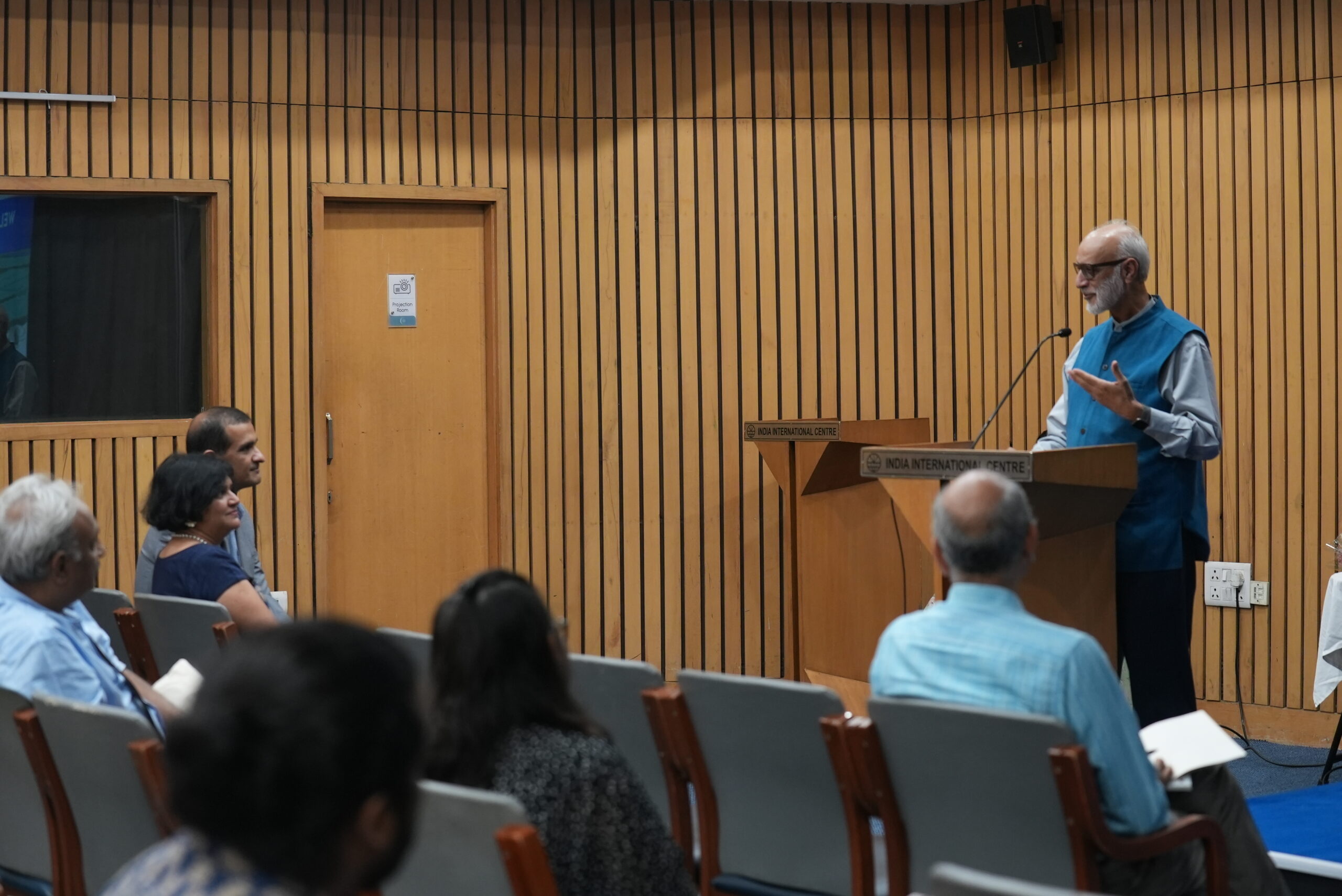Envisioning an Equitable Transition to Regenerative Agriculture Using a ‘Ladder’ Approach
While regenerative agriculture may or may not lead to immediate improvements in farmer incomes, the long-term income benefits will be unequivocally much higher. For adoption to occur, farmers need to see short-term benefits. Our research suggests it is feasible to enhance short-term incomes by adopting optimal agricultural practices designed to absorb economic shocks during the transition period.
Small and marginal farmer incomes in India have stagnated or are rapidly declining
This is in part due to fragmentation of landholdings. Farm incomes have not kept pace with increases in input costs. Conventional mono-cropping agricultural practices are no longer economically viable. While they may yield short-term profits, evidence suggests that for most part, input intensive mono-cropping systems impose an economic burden on households. Indiscriminate use of pesticides and fertilisers have caused these farming systems to be ecologically unsustainable and contribute to the long-term degradation of our natural resources.
Adopting regenerative agriculture based on the principles of agroecology offer an alternative towards inter-generational livelihood security while preserving our natural capital. These involve a range of activities such as low input agriculture, intercropping, cover cropping, agroforestry and non-pesticide management. However, is such a transition economically feasible? This depends on where we draw the boundary, in terms of time frames and whether we look at the benefits for just farmers or the ecosystem.
In this research brief, we establish the economic rationale for a sustainable transition using a transition pathways approach.
We synthesise the evidence from literature for on-farm agricultural practices ranging across multiple low input, intercropping and crop diversification strategies. This examination enables us to gauge the implications, both in the short and long term, for household economics and the environment. Our analysis strongly indicates that such a transition is economically feasible, particularly when financial, institutional, and policy incentives are appropriately aligned.
This report is currently being reviewed and will be uploaded soon. If you would like to read a draft version or know more about this work, please write to [email protected].
If you would like to collaborate with us outside this project, write to us. We would love to hear from you.
Follow us and stay updated about our work:

